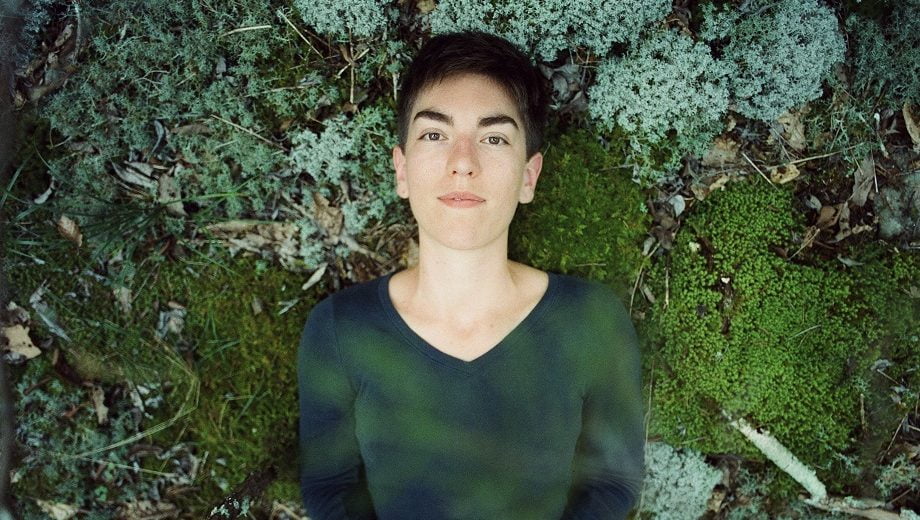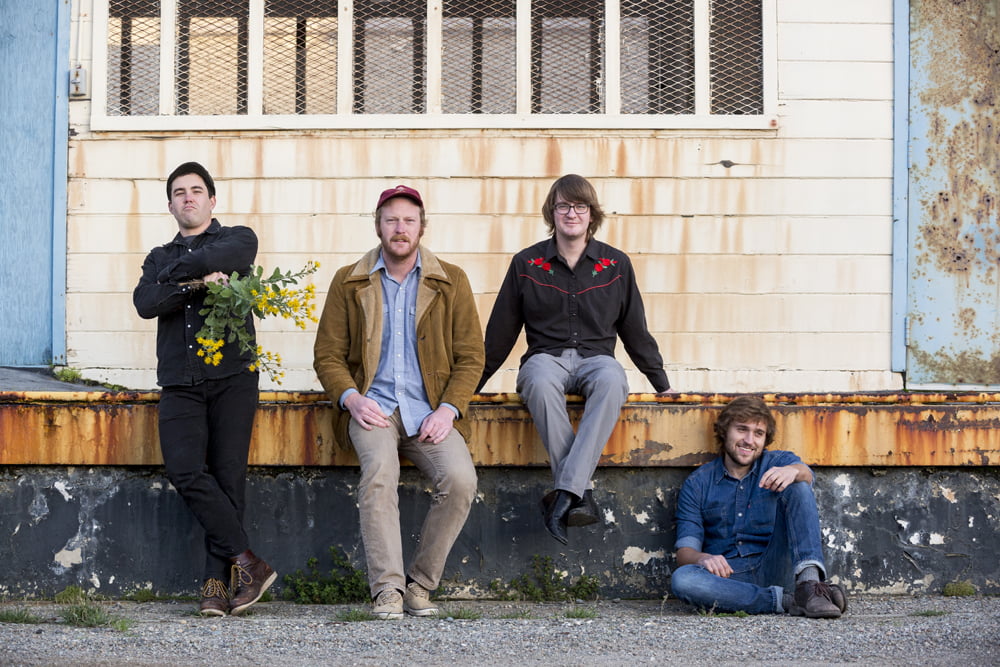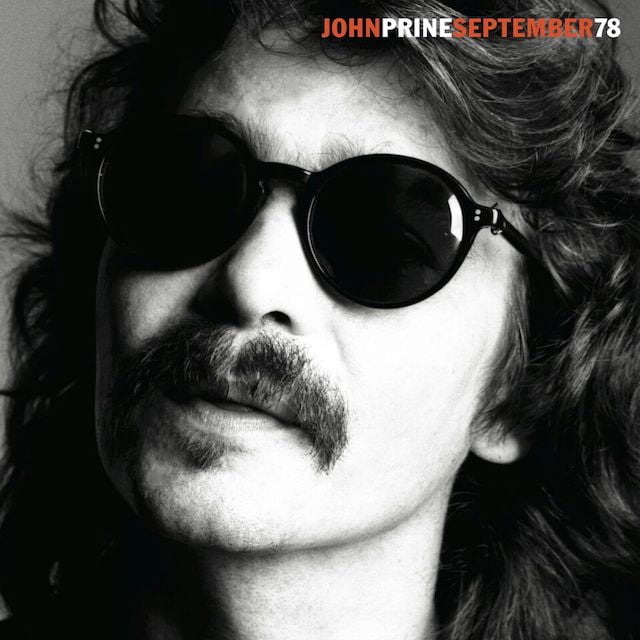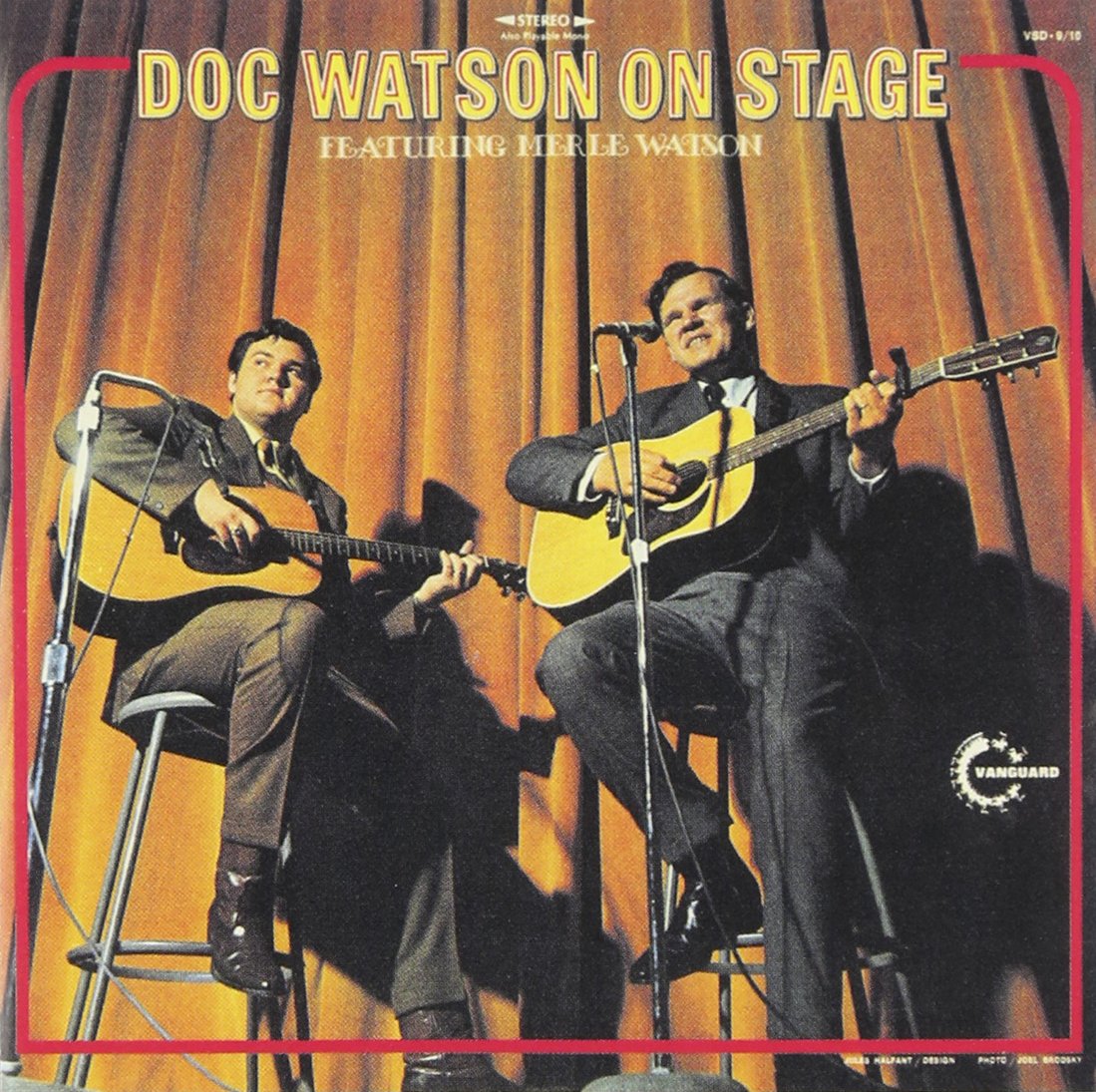Beginning in 2016, The Stray Birds’ fiddler and vocalist Maya de Vitry found herself writing songs that didn’t fit with the band’s aesthetic. At the time, the prospect felt confusing, even a touch frightening. “It was really scary because I didn’t know what that meant,” she says over the phone from Pennsylvania. “The band was all consuming.” De Vitry had been performing with the The Stray Birds for nearly a decade, releasing — at the time — four albums and an EP. What were these songs, if not for them?
As it turns out, her solo debut Adaptations moves away from the sound — and structures — that defined her folk and traditional inclinations with The Stray Birds. Producer Dan Knobler and a backing rock band layer each song with flourishes of electric guitar phrasing and soft brushes on the drum, all of which open the door for de Vitry’s strikingly deep and at times stately voice to infiltrate new spaces. (Stream Adaptations at the end of this story.)
Writing for herself rather than a group, de Vitry’s lyrics lean towards inclusivity, humanity, and other unitive concepts. There are also themes of love, but not exactly the romantic kind. On “The Key” de Vitry writes about the necessity of friendship at a time when romance felt burdensome (she and The Stray Birds’ Oliver Craven had broken up following the release of the band’s 2016 album Magic Fire). Whatever misgivings de Vitry had about walking her own path, Adaptations showcases a remarkable voice set to scale new heights. As she sings on “Wilderness”: “It’s time to leave the trail behind.”
BGS: You’ve said that these songs emerged from a period of self-exile. Can you tell me a bit about that time?
de Vitry: When I first started songwriting when I was younger, it felt extremely vulnerable and scary to me. Around 2010, when I started playing with Oliver and Charlie and we made The Stray Birds, that was a really natural place for me to put my energy at the time.
You had the protection of the group.
Yeah, and I had the camaraderie of the group. I’m trying to figure out how I want to navigate telling the story because it’s hard. The group broke up, and I’m still processing how much I want to share.
So what was it like to write outside the bounds of the group?
In a way, making this record was revelatory to me. Writing these songs, being alone, insisting on space, and insisting on stopping the motion and commotion of being on the road with that band, that’s what I was craving. If you just keep moving, you think that’s the way you’re going to survive, that maybe things will change and you’ll find yourself in the right place. But writing the record and that self-exile took realizing that you can’t just keep moving. Sometimes you have to stop and look inward.
The exile was… I felt like I was doing something wrong by stepping away and doing something creative outside the band. Ultimately, it was a cocoon that needed to be exited. Now I feel really bright and strong — about the record and the place that I’ve come to. At the time, I felt I needed to escape. I was going to a land that was really unknown, which was myself.
There’s a sense of serendipity surrounding this project: You were supposed to go to Nashville and instead retreated to your grandparents’ cabin; then you were supposed to make a demo and instead recorded half of the album. What’s the most important takeaway you’ve learned as a result?
What I’m continuing to learn is that our bodies are at least a few steps ahead of where our brains are. Our instincts and our gut feelings — the way that we’re sometimes physically pulled towards things — you can’t explain it. It sounds kind of out there, but I think I’ve learned to trust intuition a little more. That’s important to me in thinking about being. Paying attention to that.
It gets distilled into that opening line on “Wilderness”: “It’s time to leave the trail behind.”
As much as society or careers or trajectories—the dreams that we have for achievement—might be linear, I don’t think we can get away from the fact that we are actually a part of nature, so therefore we are sort of beholden to cycles, and we might have cycles of rest.
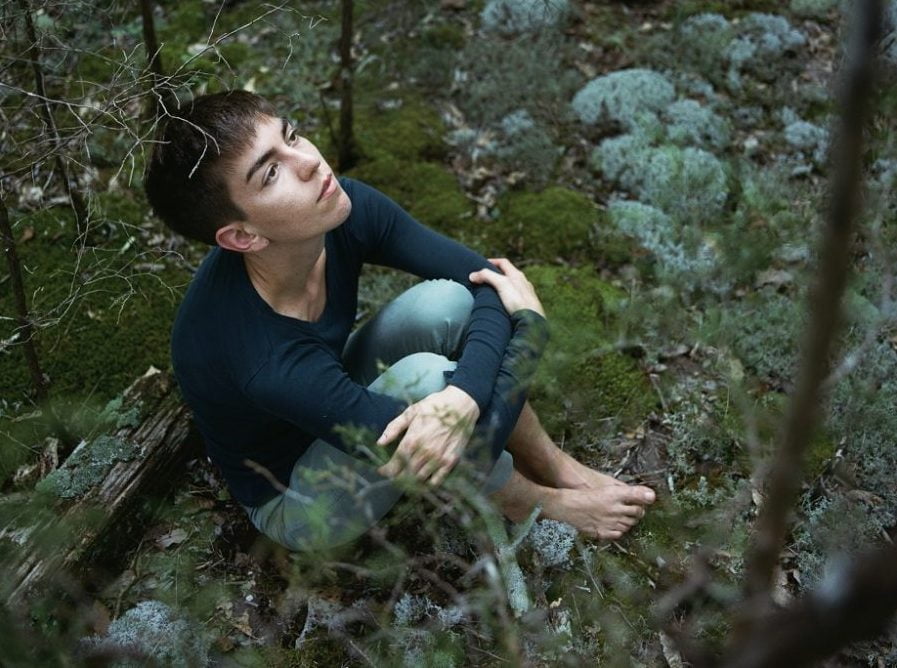
You share beautiful and necessary messages on “Anybody’s Friend,” “Slow Down,” “The Key,” etc. Why did these in particular register for you?
“The Key” I wrote while I was up at the cabin, for that first writing retreat session, and that one was really personal. It was a love song to a few friends of mine. I was feeling really thankful for friendship. It’s a heralded kind of love, but I was forgetting how important it had been to me. With friends you can grow apart and grow together. There’s a lot more gray areas that are accepted in friendship. At the time, I was really disenchanted with any kind of romantic relationship.
I went to Cuba in January of 2017. It was around the time of the inauguration in the U.S. and I was seeing this divisive language and leadership, and power over people. One of my friends [in Cuba] was so patient with my Spanish. I asked him why, and he was like, “I want to know you.” I think the temporariness of that, and “Take a deep breath and try to tell me what you’re trying to say in this language,” was such permission. I felt like I was experiencing the power of listening and the power of vulnerability. I was like, “That divisive power has nothing on this.” I think that’s how I was interpreting the world, in a hopeful way.
That makes sense. Even on “Go Tell a Bird,” it seems like the current political climate influenced those lyrics.
Yeah, and it’s not like I’m a perfect person. I guess I just wanted to challenge the language, and challenge the boxes, and challenge the idea of freedom.
Every song has such a different kind of soundscape compared to what we’ve heard from you before with The Stray Birds. When you got into the studio with your producer Dan Knobler, what was it like building each one?
Working with Dan was probably an interesting choice on my behalf. It wasn’t like I was really attached to some catalog of work that he’s done, though he’s got a great catalog of work as a producer and engineer. I was really just operating on this feeling I’d had. Before I’d asked him to produce, I was doing a compilation CD and The Stray Birds were a part of it. I was singing and the way he spoke to me about my voice and my phrasing, and the way we interacted while I was singing, I felt really heard in a new way. I never forgot that feeling.
How did he push your voice on this album?
I felt freer. The Stray Birds, as much as they weren’t strictly tied to a genre like folk or bluegrass, I think there was a certain dialect of singing that we did. Especially with harmony singing, the blend is dependent on how everyone is singing. With this, I felt the more I stepped into feeling free, the more Dan would be there to encourage that.
Also, with the sonic palette — the fullness that’s around it — that’s not an idea I had going into this. That is something I would really thank Dan for hearing. I was surprised when he said, “I think we should get some strings, and see what Russell Durham has to bring to these songs.” The band that we tracked it live with was pretty much just a rock band—upright bass, drums, and two guitars. Anthony da Costa has really tasteful electric guitar playing.
But there was no genre. There was nothing I was trying to prove. I wasn’t even really trying to make a record — it was supposed to be a demo. So it was very playful. Dan and I are really particular about songs, and I feel more and more if I can trust the song 100 percent and if the song feels indestructible to me and also very flexible then we can go play with it and it’s going to be fun. The studio was such a joyful time.
With The Stray Birds, endings themselves are naturally fraught, and obviously you’re still parsing through a lot of what took place there, but what are you proud of as you begin a new phase of your career?
I’m really proud of what we learned together, and our willingness to take risks together, and our willingness to just show up. Sometimes there was less reflection in what we were doing — there was more action. I’m really most proud of the last record that we made together.
It sounds like it was immensely collaborative.
Yes, that’s what I’m most proud of in that band. It’s a beautiful record. It was so difficult to write it, but it was so fulfilling to write it. Everyone’s voice is present in all the songs, melodically and lyrically. I think that record was the most empowering experience for everyone in the band.
Photo credit: Laura Partain
